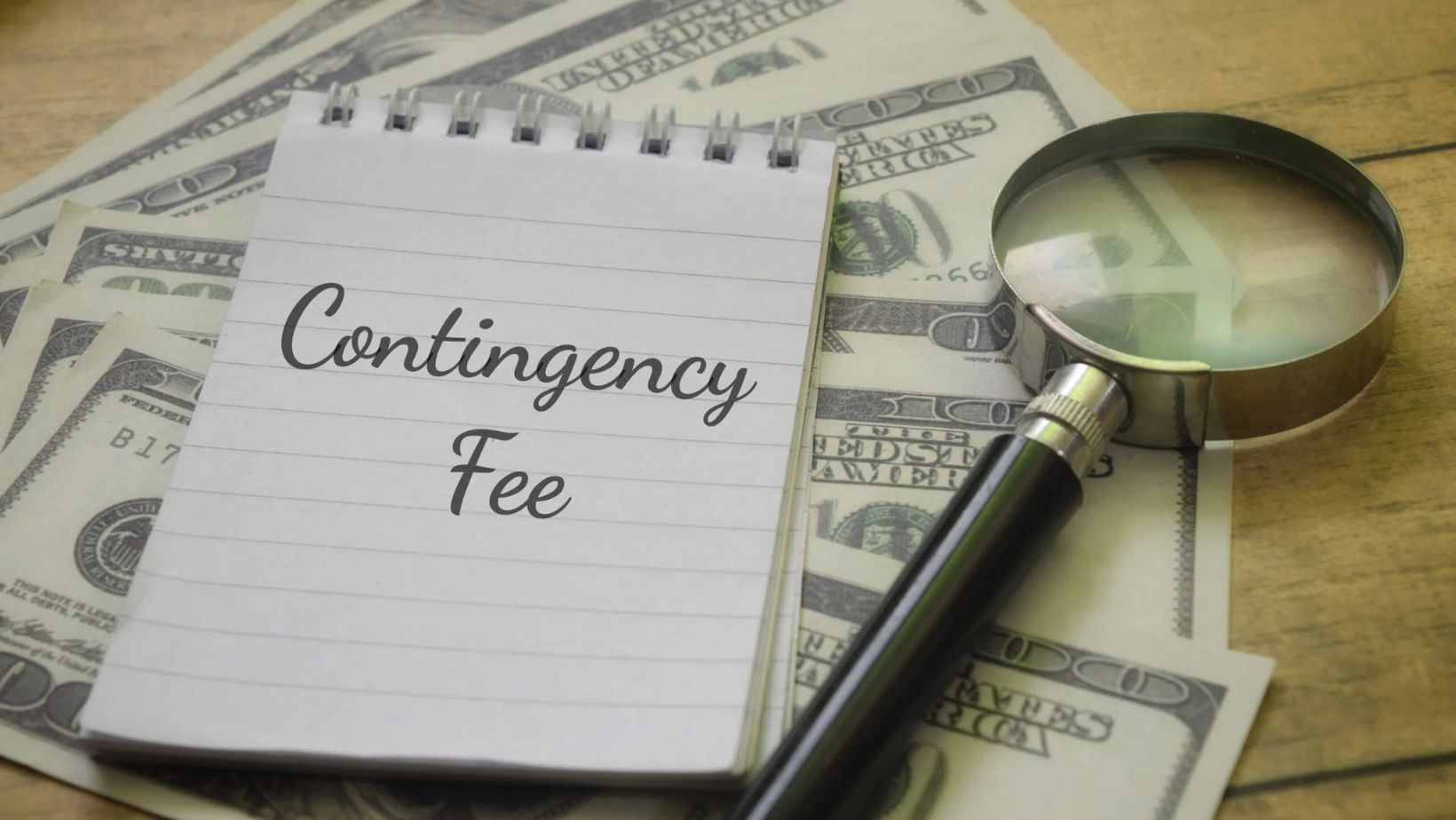
Many personal injury victims assume the cost of hiring a personal injury attorney is very high. This deters several victims from pursuing justice. However, thanks to the contingency fee arrangement, victims do not have to worry about legal costs.
Under the contingency fee arrangement, clients are not required to pay attorneys any upfront fees or hire them on a retainer basis. Instead, all these costs are settled after winning a settlement. Keep reading to uncover how this payment structure benefits everyone, especially in personal injury cases.
Access to Justice
As mentioned, the contingency fee arrangement makes legal services available to all victims who might otherwise be unable to afford them. For many victims, particularly those with financial constraints, the cost of getting a qualified attorney can be very limiting.
Legal cases involving personal injury disputes mostly arise when victims are facing financial hardships and are unable to work because of the injuries sustained.
In such situations, the option to pay legal fees only after winning allows victims to pursue justice without worrying about financial burdens. Instead, they can use the money to cover medical costs and daily living expenses.
Reduced Financial Risks for Clients
The contingency fee arrangement shifts financial risk away from the client. Under this model, attorneys can even cover legal costs like expert witness and investigating expenses.

In traditional fee structures, clients pay for legal services as they are rendered regardless of the outcome. If a case is lost, clients are left covering large legal bills that could worsen their financial situation.
Increased Motivation for Attorneys
A contingency fee arrangement aligns the interests of the victims and those of an attorney. This creates a shared motivation for the outcome. Since the lawyer only gets paid after winning, they will likely get encouraged to thoroughly work on a case.
The arrangement pushes lawyers to invest time and resources in preparing for a strong case and not settle for little compensation as their payday directly depends on the result. Additionally, attorneys working on a contingency fee model are selective of the cases they pick.
This benefits the client as it shows an attorney has carefully evaluated the potential a case has. Attorneys will also likely take cases in which they have high expertise, thus increasing the chances of a favorable outcome.
Empowering Clients to Pursue Full Compensation
A key advantage of a contingency fee arrangement is that it gives a client the confidence to seek full compensation knowing their attorney is equally motivated. In traditional payment methods, a client may feel pressured to settle early to avoid raising legal fees.

However, contingency allows clients to explore all options, including going to trial if necessary, without worrying about extra costs.
Ethical Accountability and Transparency
A contingency fee introduces an element of accountability and transparency. These agreements are required by law to be in writing, including the percentage an attorney gets if they win a case and any deductible costs.
This clarity helps clients understand what they will owe and ensures attorneys are transparent about potential costs and outcomes. There are ethical guidelines and state regulations that govern these agreements to protect clients and ensure they are well-informed before entering this agreement.
Risks and Disadvantages of Contingency Fee Arrangement
While this payment structure is beneficial to all parties involved, there are some risks and disadvantages clients may face, such as:
- High overall costs for successful cases. The percentage an attorney gets is often higher.
- Attorneys may be selective and reject cases that do not look like a sure win.
- Some attorneys may be tempted to settle quickly for lesser compensation to get a faster payday or reduce the time and effort put in.
- Victims may have lesser control of the legal process.
Attorneys are always required to act in a client’s best interest, but the potential for a substantial payday can create a bias.
Conclusion
The contingency fee arrangement is mutually beneficial for the client and attorney. While victims can access low-financial-risk legal services, it is important to assess the disadvantages. By making an informed decision, victims can significantly reduce the disadvantages.










